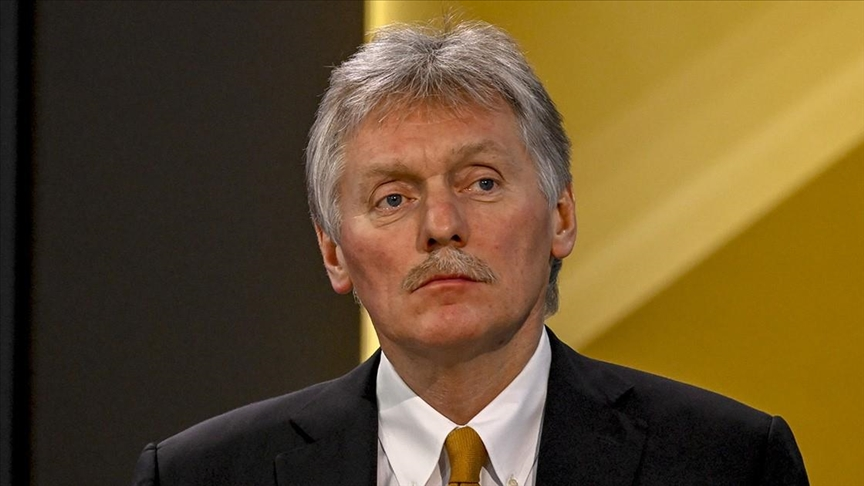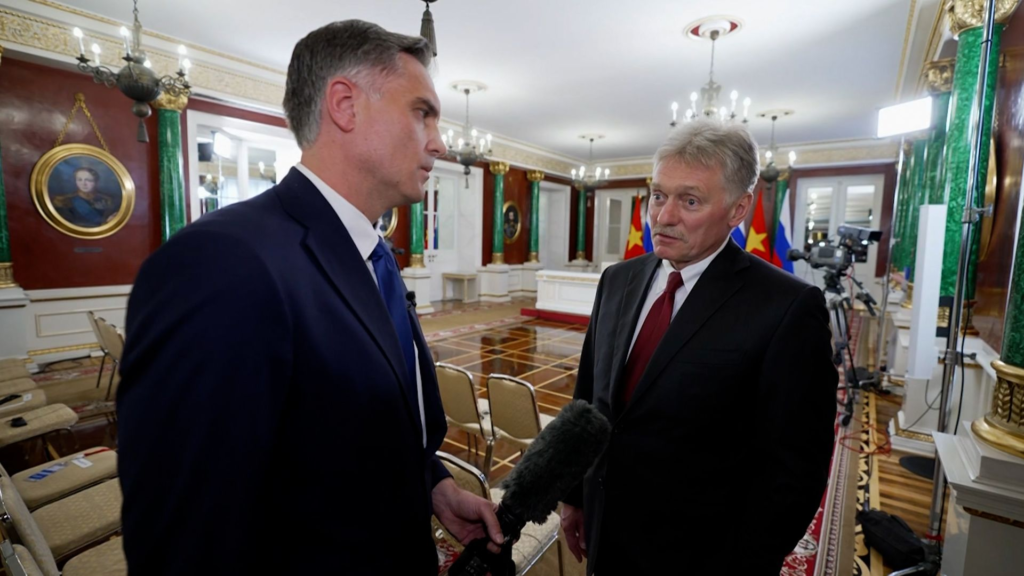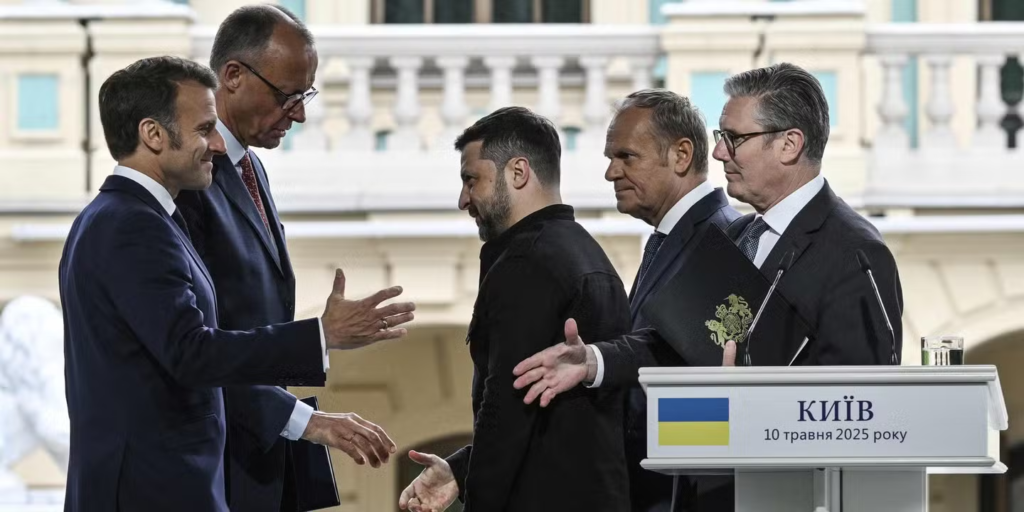Introduction
As the Ukraine war grinds on, Europe is intensifying its calls for a ceasefire. The Kremlin, however, remains defiant. Kremlin spokesperson Dmitry Peskov recently addressed the mounting pressure, stating, “We feel it.” In this blog, we break down the top five reactions from Russian officials to Europe’s growing push for a negotiated end to the conflict, and what it signals about the future of the war.




1. Acknowledgement of Pressure from the West
Kremlin spokesperson Dmitry Peskov openly admitted that Russia feels the pressure from European nations advocating for a ceasefire. “We feel it,” he told reporters, indicating that while the pressure exists, it will not dictate Russian military or political decisions. This rare acknowledgment suggests the Kremlin is aware of shifting sentiments but remains unmoved.
2. Framing the Ceasefire as a Trap
The Kremlin argues that a ceasefire now would benefit Ukraine, giving Kyiv time to regroup and rearm with Western support. Peskov emphasized that any pause in fighting without major concessions from Ukraine would be unacceptable. This narrative allows Russia to justify continued aggression under the guise of strategic caution.
3. Emphasis on ‘Military Objectives’
Russia continues to justify its military operations in Ukraine by emphasizing the need to achieve its original objectives—“demilitarization” and “denazification.” Kremlin officials insist that until these goals are fully met, peace negotiations or ceasefire talks remain premature and unrealistic from Moscow’s perspective.
4. Shifting Blame to the West
Russian officials have repeatedly blamed NATO and the European Union for prolonging the conflict. The Kremlin claims that Western arms supplies to Ukraine are the real obstacles to peace. This strategy helps Russia deflect criticism while rallying domestic support against perceived Western aggression.
5. Positioning for Future Talks—On Their Terms
Despite the hardline stance, analysts believe the Kremlin’s rhetoric leaves room for future negotiations—on its own terms. By controlling the narrative and resisting European pressure now, Russia aims to enter any future talks from a position of strength rather than compromise.
Conclusion
The Kremlin’s reaction to Europe’s ceasefire pressure highlights the deeply entrenched positions on both sides. While Russia acknowledges the growing diplomatic push from the West, it is equally clear that Moscow has no intention of backing down without securing strategic gains. As calls for peace grow louder, the world watches to see whether this mounting pressure will eventually shift the Kremlin’s stance—or harden it further.
Want more on how global powers are reshaping the Ukraine conflict? Read our deep dive on how the U.S. is quietly nudging Kyiv toward a ceasefire.









